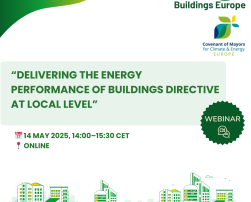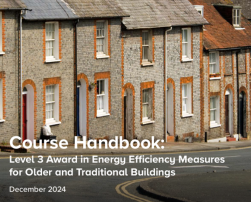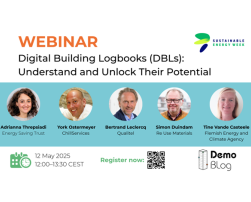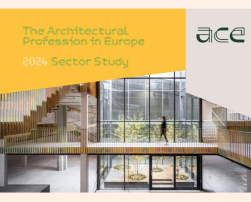
Enhancing energy efficiency in buildings is vital for mitigating climate change, ensuring energy security, and fostering sustainable development. The RenovAID project, which seeks to improve the energy performance of buildings in Albania and Kosovo, directly addresses these critical objectives.








